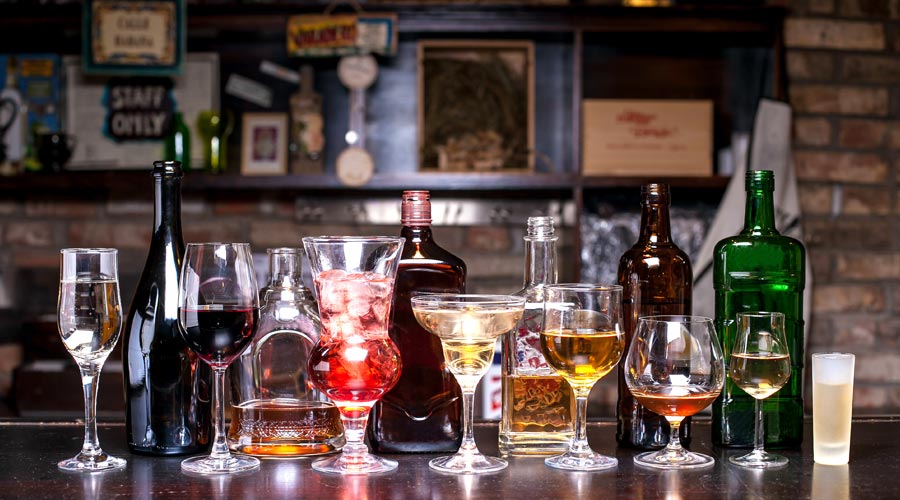A joint report of the Indian Council for Research on International Economic Relations (ICRIER) and law firm PLR Chambers has suggested a reduction in the tariffs on alcoholic beverages to facilitate import and the adoption of clear and predictable excise policies that encourage businesses to expand.
According to data compiled in the report, in 2019, India’s total share in global exports of alcoholic beverages was only 0.27 per cent. The share in global imports was 0.75 per cent.
A major reason for the low share in global trade is the high tariff rates. The customs duty was 150 per cent in 2019 for products such as scotch whisky bottled in the country of origin and bulk scotch whisky imported for bottling in India.
The Centre also has a tariff of 150 per cent on intermediate products, namely ‘‘un-denatured ethyl alcohol of an alcoholic strength by volume of 80 per cent or higher”.
The budget had brought down the basic customs duty to 50 per cent but introduced an Agriculture Infrastructure Development Cess of 100 per cent, which maintained the combined levy at the previous 150-per-cent level.
Aditya Prakash Rao, partner at PLR Chamber and a co-author to the report, told The Telegraph that a reduction in import duty can encourage local manufacturing in India. “If played out correctly, tariffs can also play a role in making India a manufacturing hub. That’s an area that has not been explored,” he said.
Ex-distillery price
A key concern presented in the report is the variation in pricing models of alcoholic beverages across states. Most states tend to fix their ex distillery price (EDP) for spirits/whisky based on lowest EDP among neighbouring states.
Since this pricing mechanism does not take into account differences in production costs, producer’s margins get severely affected. Consequently, manufacturers may opt for low quality inputs, leading to poor quality.
“Even though the formula for calculation is lowest EDP, the excise duty has been hiked and this issue needs to be studied taking into account how consumers react to price changes,” said Deepak Mishra, director & chief executive, Icrier.
“The last financial year has seen a significant loss of revenue in the state with regard to the alcobev sector. While part of this may be because of the lockdown, this issue needs further research and investigation,” Mishra said.











